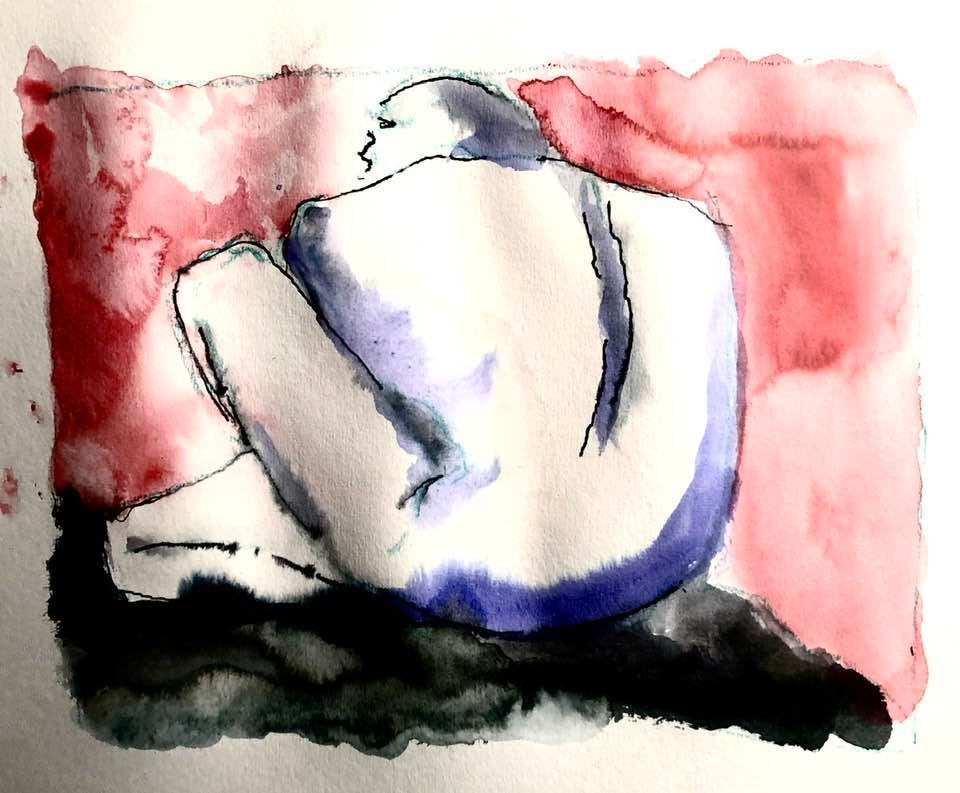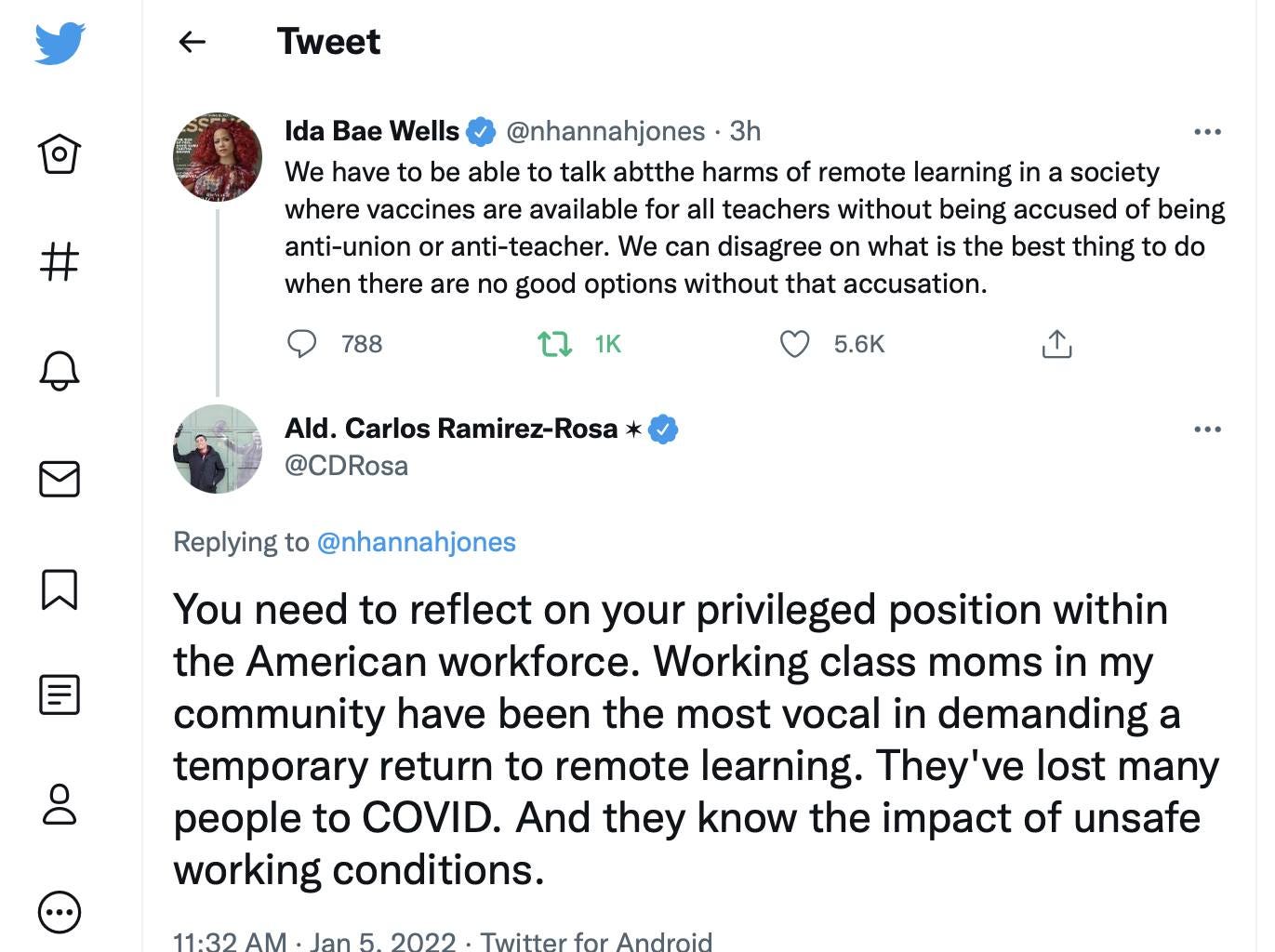Hidden history. Black journalists. The two Wilmingtons.
Mary Alice Thatch, who led the fight to exonerate 10 civil rights activists who were wrongly convicted of arson in the 1970s, died on Dec. 28 at a hospital in Durham, N.C.
She was 78.
Mary Thatch was third-generation newspaper publisher in North Carolina who led the fight to exonerate The Wilmington Ten. The Ten were wrongly convicted of arson in the 1970s.
The story of the civil rights struggle in Wilmington, North Carolina is not well known except by those who were involved in the Movement.
You won’t read about The Wilmington Ten in most public school history books.
This is precisely part of our hidden history that journalist Nikole Hannah-Jones was rectifying in The 1619 Project.
More should be written about the role of Black women journalists in the freedom struggle.
Ironically, Nikole Hannah-Jones was recently targeted as being privileged by a Chicago alderman.
The story of The Wilmington Ten brought to my mind another Wilmington and another part of America’s hidden history.
I’m talking about Wilmington, Delaware.
In 1968, after the murder of Dr. Martin Luther King, Wilmington, Delaware reacted as many American cities did.
In response the Governor sent in the National Guard.
The Guard stayed in Wilmington for 9 months.
Nine months.
Troops were called in on April 8, 1968. They stayed until Jan. 21, 1969 — the longest period of military rule in an American city since the Civil War.
When those who rail against critical race theory being taught as part of our children and grandchildren’s history curriculum, it is these stories they don’t want told.





